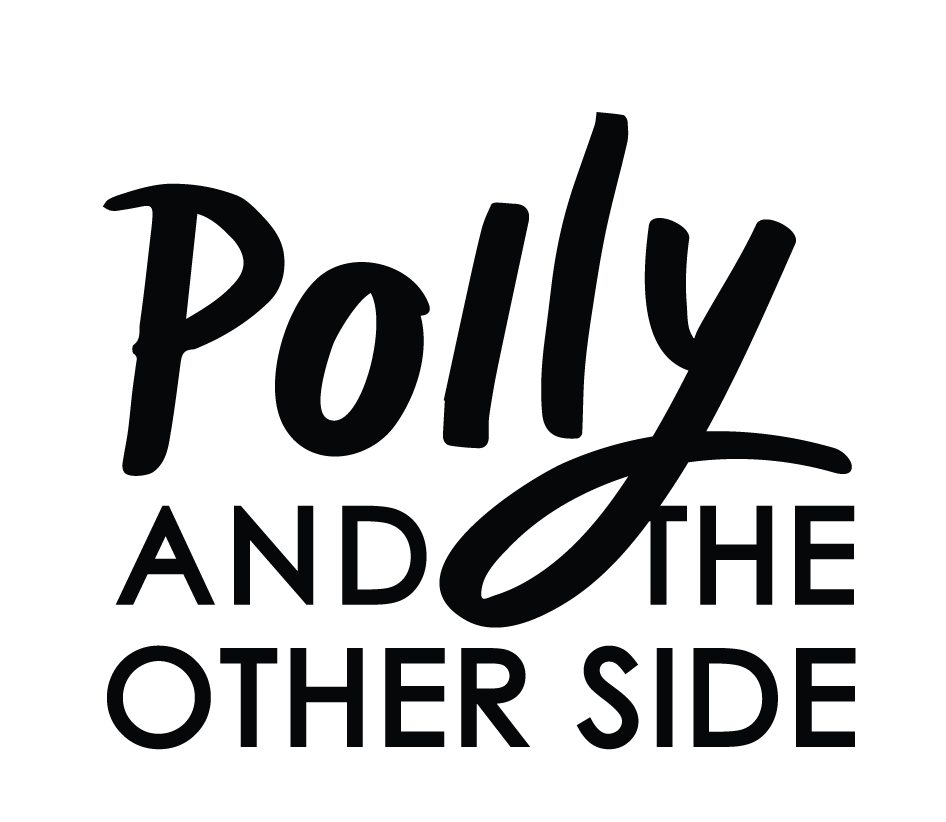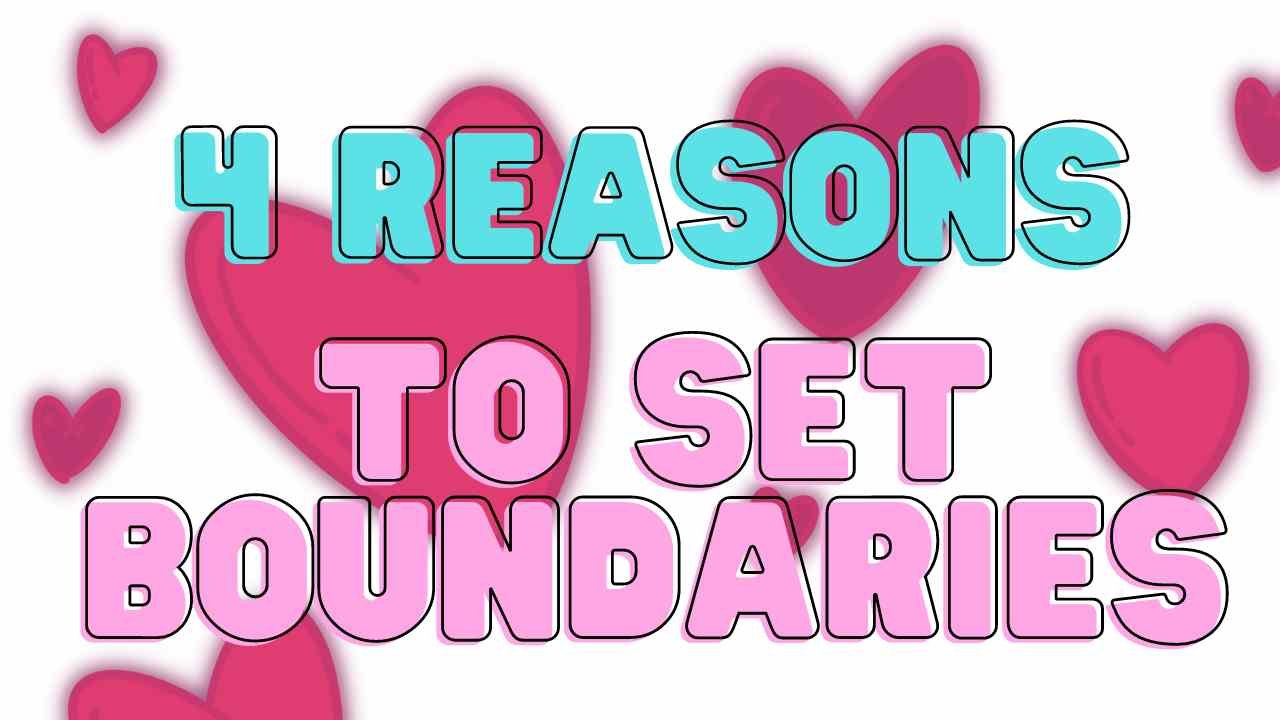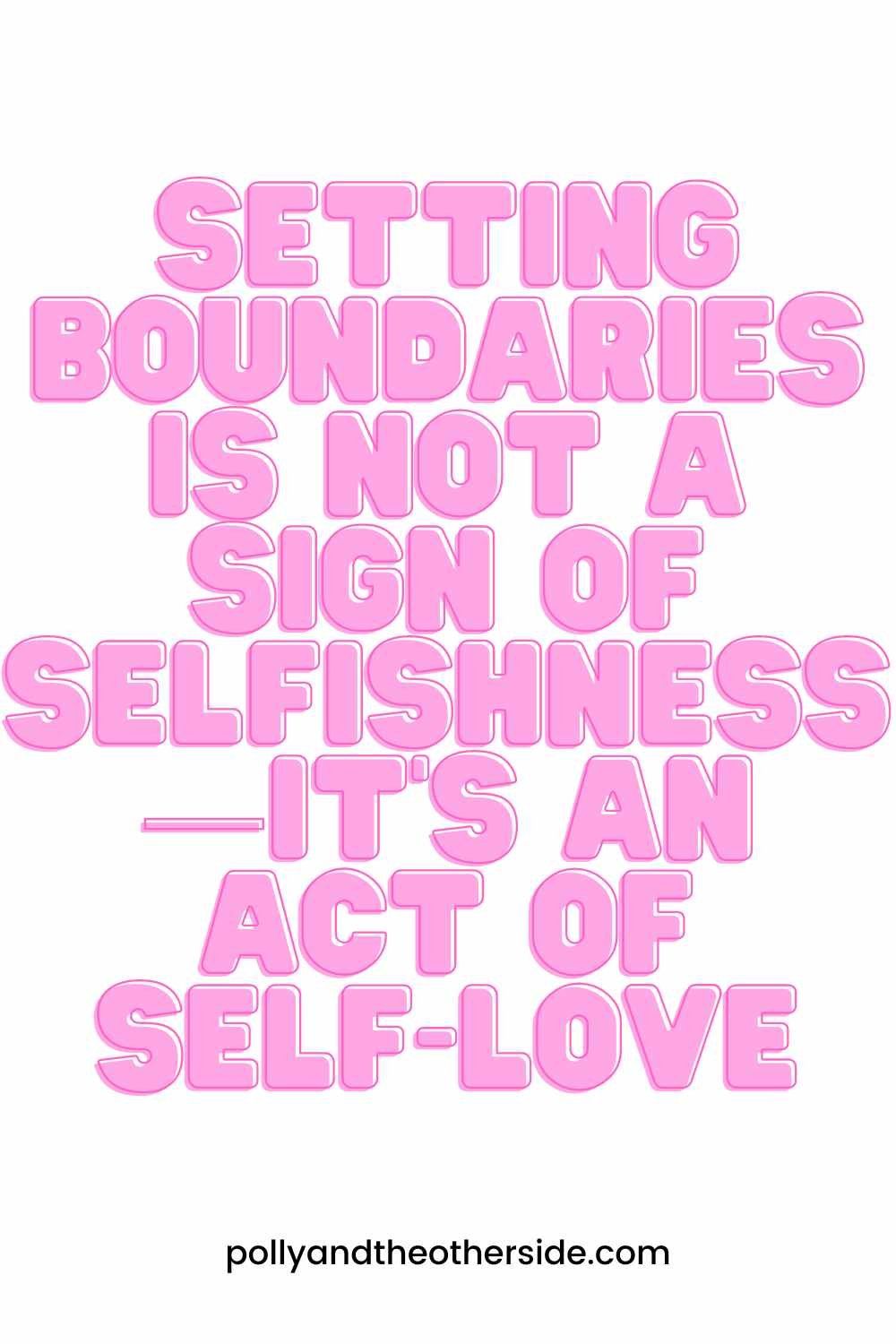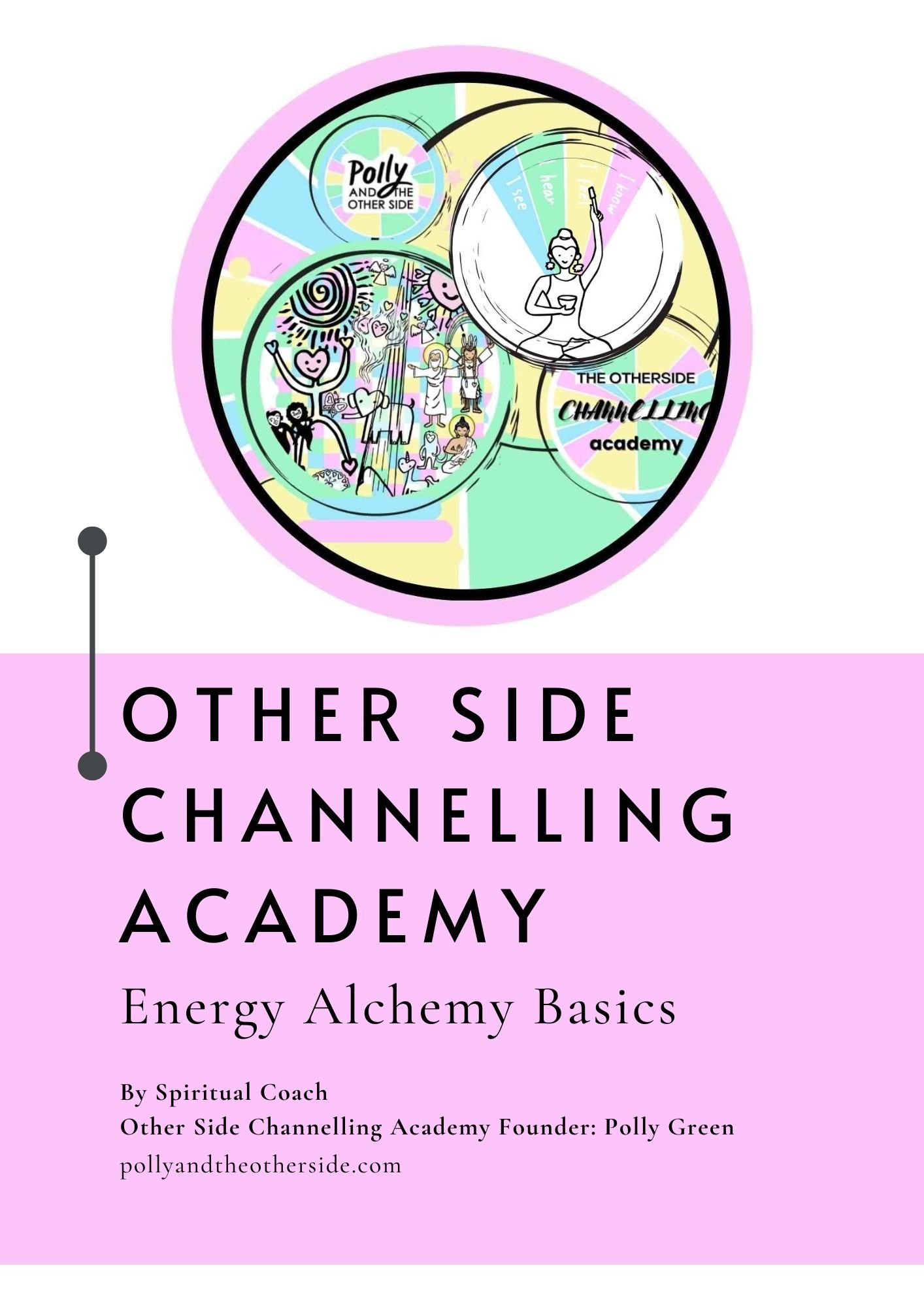Why do I feel guilty setting boundaries? (EMPATHS)
By Polly Green
Boundaries define the invisible lines that separate our personal space, needs, and well-being from the demands and expectations of others. Yet, in this intricate tapestry of interactions, why do we often feel guilty when we dare to set boundaries?
As female empaths, we may have a subconscious program of wanting to please people. We may feel like it is selfish to say no. However, it's essential to understand that boundaries are not selfish barricades; they are vital for our well-being, growth, and authenticity.
Let's delve into the world of boundaries, exploring why we sometimes feel guilty when establishing them and how to navigate this complex terrain with grace and self-compassion.
🔸 Reasons for Setting Boundaries:
First and foremost, it's crucial to recognize the compelling reasons behind establishing boundaries. Take a moment to reflect on why you're creating these essential lines of demarcation in your life:
🔸Boosting Self-Worth:
Setting boundaries is an act of self-love. It's a declaration that your needs, feelings, and well-being are valid and worthy of protection.
🔸Reducing Stress and Resentment:
Boundaries serve as a protective shield, guarding you against the overwhelming stress and festering resentment that can result from overcommitting or allowing others to overstep your boundaries.
🔸Strengthening Relationships:
Paradoxically, healthy boundaries can deepen your relationships. They ensure that interactions are founded on mutual respect and understanding, rather than manipulation or exploitation.
🔸Acknowledging Your Needs:
Recognizing and communicating your needs is a sign of self-awareness and emotional intelligence. It's an acknowledgment that you matter.
🔸 Keeping the Peace vs. Your Needs:
One common source of guilt when setting boundaries is the desire to "keep the peace." We're often afraid of disrupting the equilibrium of our relationships or work situations. The prospect of speaking up and challenging the status quo can be daunting.
Moreover, there's a deep-rooted fear of causing conflict or discomfort by asserting our boundaries. We might worry that others will perceive us as confrontational or difficult. This fear can lead to guilt, making us question whether we're doing the right thing by putting our needs first.
🔸 Fear of Hurting Feelings:
Another significant factor contributing to boundary-related guilt is the fear of hurting someone's feelings. None of us want to be the source of discomfort or disappointment for others. We often put their emotional well-being ahead of our own, even if it means sacrificing our own needs and desires.
Additionally, there's a pervasive reluctance to set boundaries out of fear of being disliked or rejected. We may worry that by asserting ourselves, we'll be seen as selfish or unworthy of love and acceptance.
But here's the essential truth to remember: You are not responsible for other people's emotions. It's a powerful and liberating realization. While it's natural for some individuals to resist your boundaries initially, it's crucial to understand that you are taking care of yourself—a practice that's not just okay but necessary for your own growth and well-being.
🌟 Putting Yourself First:
Setting boundaries can be challenging, especially if you've spent a lifetime as a people-pleaser or if self-doubt and insecurity have been constant companions. Past experiences of saying "no" when you felt pressured to say "yes" might still haunt you.
However, consider this: Growth often happens outside of our comfort zones. Setting boundaries is a vital step toward leading a healthier, more balanced life.
It's a journey towards understanding and valuing your own needs, and it's an act of self-compassion.
So, the next time you feel that familiar pang of guilt when setting boundaries, pause and remind yourself of the profound reasons behind your actions. Your boundaries are your declaration of self-worth, your shield against stress and resentment, your path to healthier relationships, and your acknowledgment of your fundamental needs.
Your needs matter, and it's not just okay to put yourself first; it's essential. By honoring your boundaries, you embark on a transformative journey toward self-acceptance and a more authentic, balanced, and joyful life. 🙌
In the end, remember that setting boundaries is not a sign of selfishness—it's an act of self-love, and it's a sacred step towards the fulfillment of your unique journey. 🌟
Embrace the power of your boundaries, and watch as your life transforms into a more authentic, harmonious, and joy-filled existence.
Are you a female empath who is struggling with your sensitivity to energy?
➤ Schedule a FREE consult to see if we’re a good fit to work together inside my online program:
Polly Green is a spiritual medium, channeler, coach, and founder of OtherSide Channelling Academy.
Other Side Channelling Academy is a signature spiritual coaching program that guides awakening female empaths to go from feeling overwhelmed by their sensitivity to energy to feeling confident clearing and alchemizing energy so that they can feel empowered navigating the spirit world.














